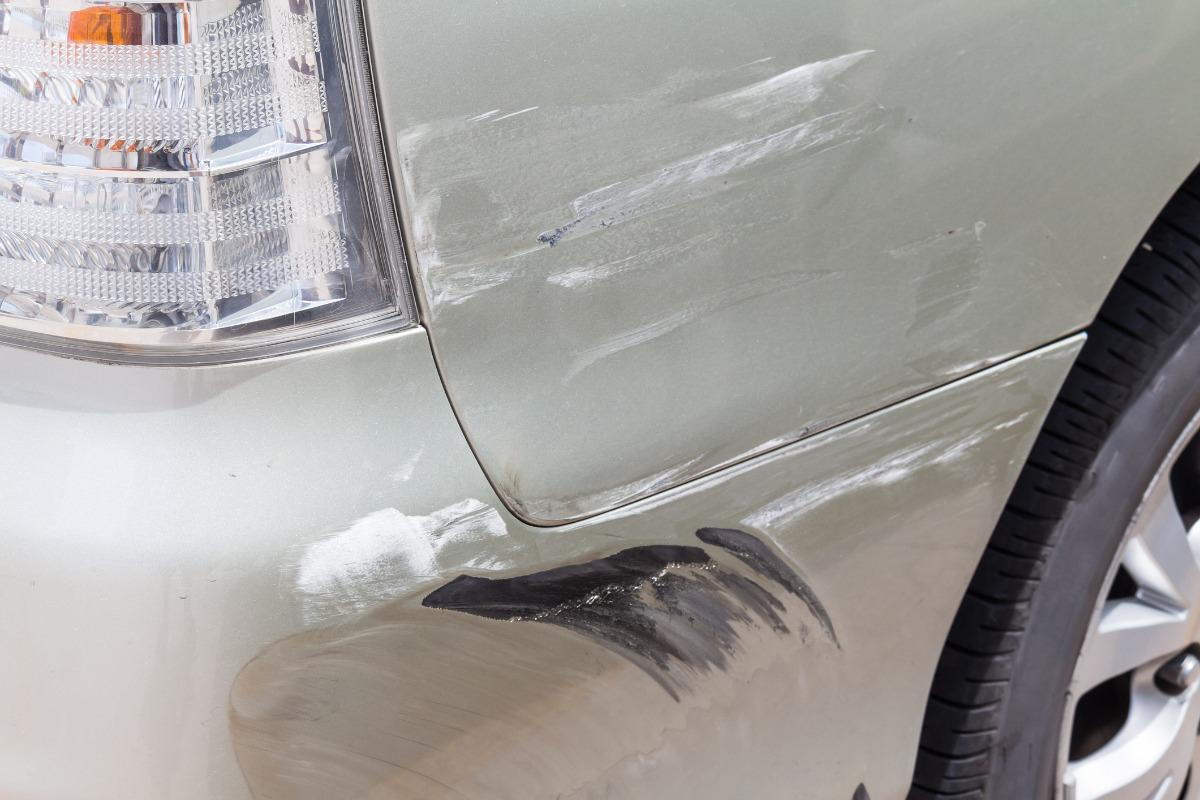
- posted: Mar. 02, 2020
- car accidents
You’re traveling at a reasonable speed limit on a Georgia road you know well, trying to stay safe, but the driver behind you is dangerously close. You spot a hazard in the road in front of you and need to slam on the brakes. The car behind you tries to stop but crashes into your bumper. Both you and the other driver are injured. When it comes time to sort out responsibility for accident costs, which of you will be at fault for the crash? Whose insurance rates will increase?
Tailgating is illegal under the terms of Georgia Code Title 40 Motor Vehicles and Traffic section 40-6-49. The law requires drivers to “not follow another vehicle more closely than is reasonable and prudent” in accordance with the current road and traffic conditions. Yet, tailgating remains a significant problem all across the state. According to a 2019 report from the insurance company Insurify, Georgia drivers are cited for tailgating more frequently than drivers in 48 other states.
In the example provided above, you might assume the tailgater is automatically liable for the crash, thinking that you’d both be unharmed if only he had left a safe amount of distance between your cars. You may be right. But the fact that the other driver performed an illegal act doesn’t mean he will automatically be on the hook for all of your medical bills or repair costs. Furthermore, a “reasonable and prudent” distance between cars is a subjective measurement rather than a specific distance measured in feet. Though you may believe the driver behind you was too close, he may think he gave you enough room.
Per Georgia’s modified comparative negligence standard, a person injured in an accident in the state can only collect damages if they are found to be less than 50 percent at fault for the accident. The plaintiff can seek damages from any other party who is more at fault, whether by one percent or 99 percent, but their damages will be reduced by their percentage of fault.
Determining fault for an accident is based on all of the factors involved in causing the accident, and fault can be divided among numerous parties. You may be apportioned a degree of fault if you were going above the speed limit or performing an action that distracted you, like talking on a cellphone. If the hazard in the road was caused by another person who acted with negligence, that person may bear some percentage of fault as well. An official police report and citation can help clear up disagreements for the record.
When drivers tailgate, they put the safety of themselves and others at risk. If you are hurt in an accident with a tailgater, our Stone Mountain auto accident attorneys will help you pursue the maximum possible compensation. At Jason & Bradley, LLC in Stone Mountain, Georgia, we advocate on behalf of clients throughout the Atlanta area and across the state. To schedule a free initial consultation, call [ln::phone] or contact us online.





